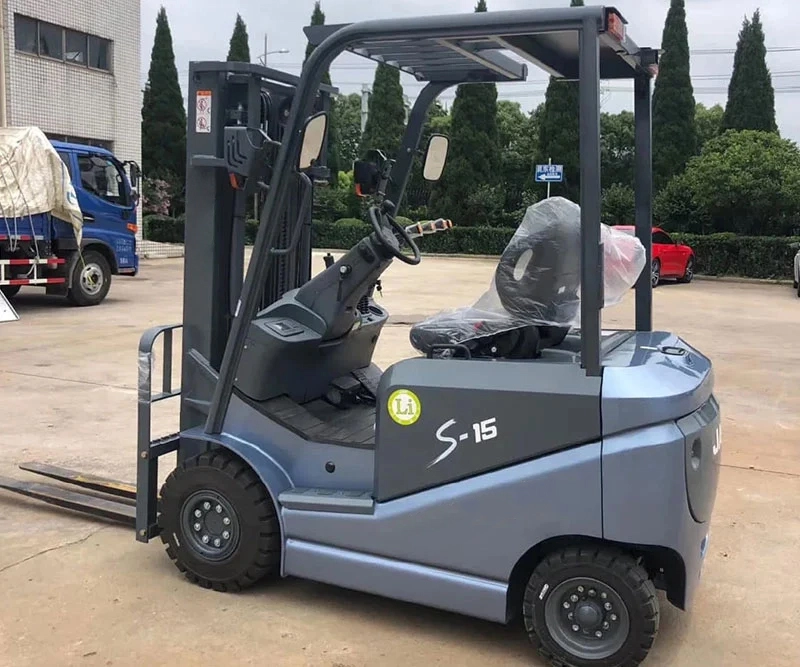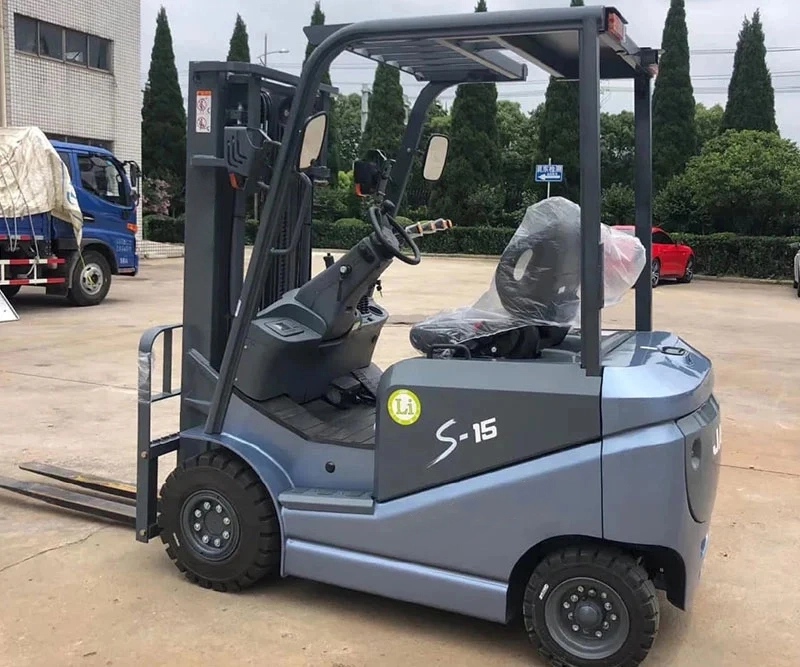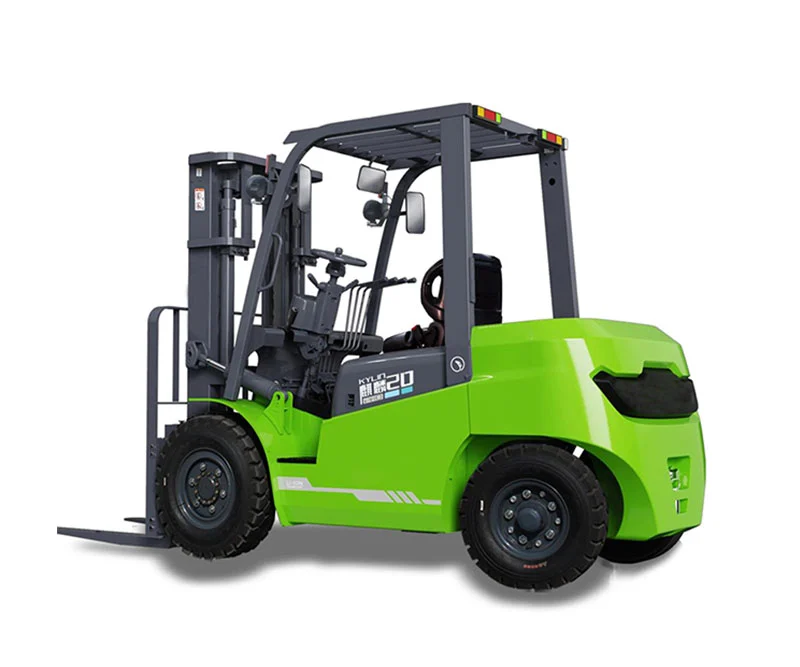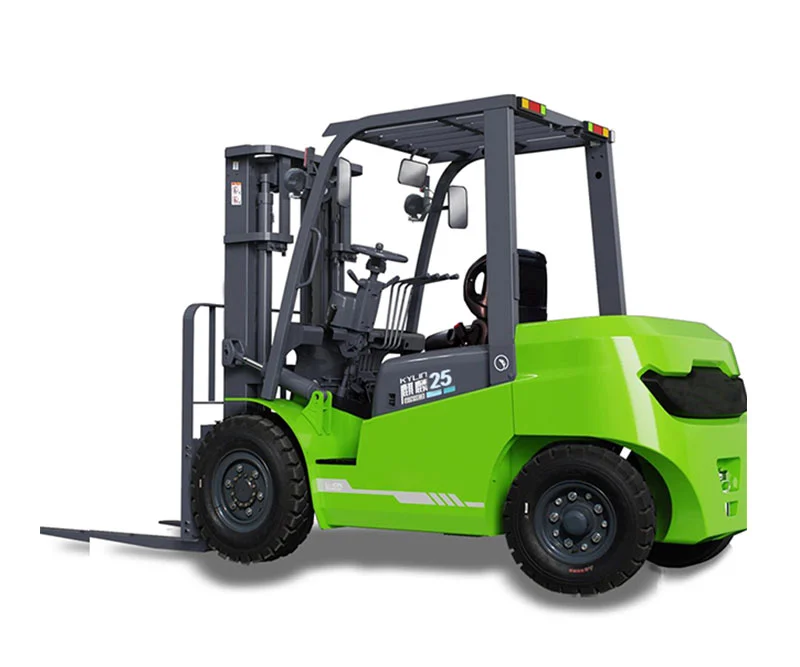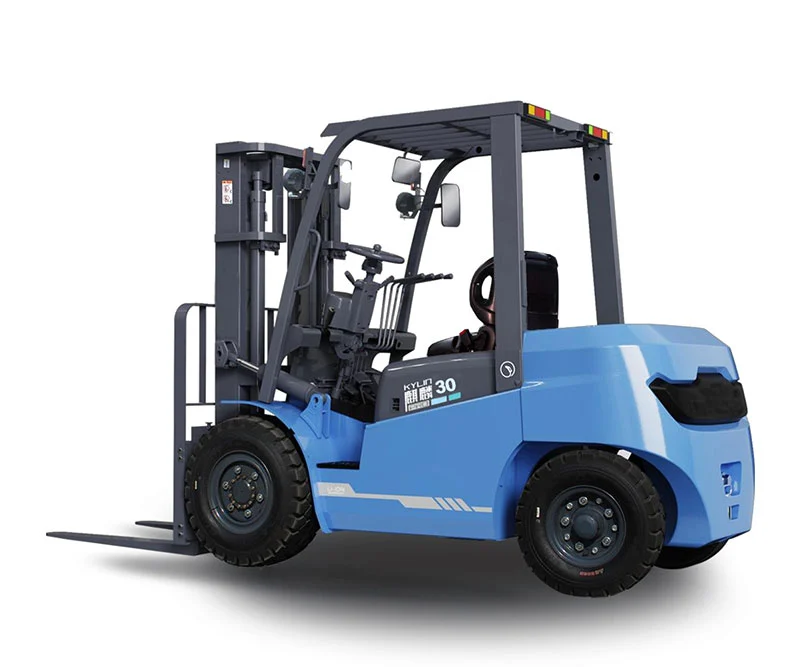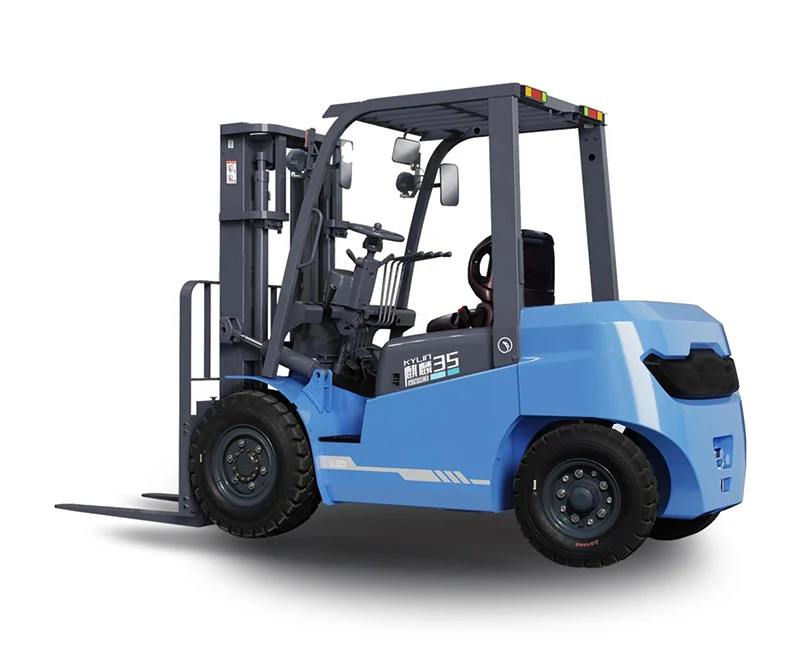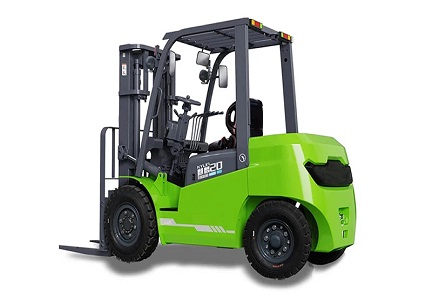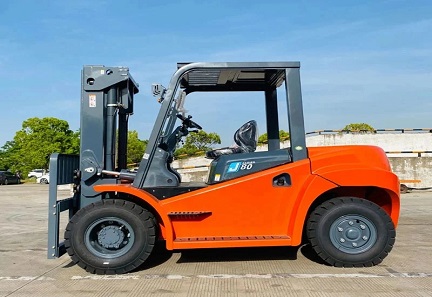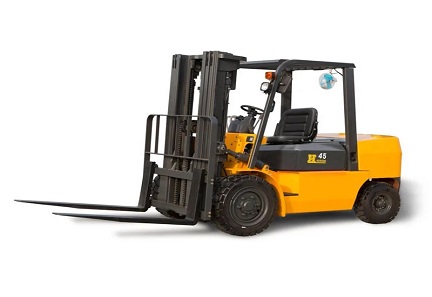Electric Forklift vs. Gas Forklift: A Comprehensive Comparison
Electric Forklifts: Electric forklifts are becoming increasingly popular due to their numerous advantages, especially in indoor environments. They are powered by rechargeable batteries, which makes them quieter and more environmentally friendly. With zero emissions, they are ideal for use in warehouses, manufacturing facilities, and other indoor settings where air quality is a concern. Additionally, electric forklifts have lower operating costs, as they require less maintenance and the cost of electricity is generally lower than that of fuel. However, they do require downtime for battery recharging, which can be a consideration for businesses with high operational demands.
Advantages:
Considerations:
Gas Forklifts: Gasoline and LPG (liquefied petroleum gas) forklifts are known for their power and versatility, making them suitable for a wide range of industrial and commercial applications. They provide higher power output and longer run times, which is beneficial for heavy-duty tasks and outdoor use. Gas forklifts can be quickly refueled, minimizing downtime and keeping operations running smoothly. However, they produce emissions and are generally noisier, which can be a drawback in indoor environments. They also tend to have higher operating costs due to fuel expenses and more frequent maintenance needs.
Advantages:
Considerations:
Conclusion: Choosing between an electric forklift and a gas forklift depends on your specific operational needs and environment. Electric forklifts are ideal for indoor use with their quiet, emission-free operation and lower long-term costs. On the other hand, gas forklifts offer higher power and quick refueling, making them suitable for outdoor and heavy-duty tasks. Evaluate your business requirements to make the best choice for your operations.

 English
English  русский
русский  Español
Español 
